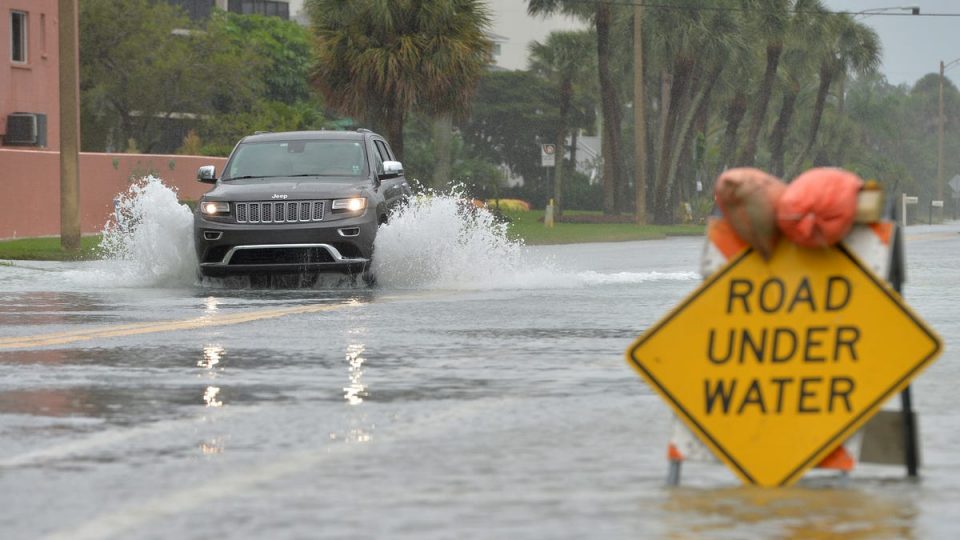| Guest columnist
While our state cleans up from the aftermath of Hurricane Eta — clearing fallen trees and repairing power lines and outages — some residents are dealing with the ripple of emotional and mental health issues that tend to follow natural disasters. If left unchecked or untreated, these feelings can become all-encompassing.
Hurricane season not only means high winds, torrents of rain and potential tornadoes, but it also opens the floodgates for anxiety, stress, fear, PTSD triggers and other mental health issues.
Between running to the store to pick up emergency food supplies, rushing back home to put up hurricane-proof shutters and making tough decisions about whether to leave home or hunker down, anyone can become overwhelmed.
Then the storm hits. The wind howls, trees bang against windows, water levels begin to rise and we all are left hoping it passes quickly. Eventually, the storm does blow over and many people simply pick up the tree limbs, clean up broken glass, call friends and family members and move on. But for some of our neighbors, it is not that easy. For them, the mental health impacts will last for months, even years, following a storm.
After Hurricane Katrina struck Louisiana in 2005, nearly half of survivors suffered from some form of mental distress in the weeks and months after the storm, according to a 2012 study in the American Journal of Orthopsychiatry.
Just this month, a study conducted by the University of Delaware examined the impact of 281 natural disasters on suicide rates during a 12-year span. It concluded that the overall suicide rates increased by 23% when compared to rates before a natural disaster. The largest overall increase occurred two years after a storm.
I encourage all residents, especially those people who struggle with PTSD and anxiety, to take advantage of the resources, hotlines, websites and places available to help you process the trauma and recover. Preparation for your physical safety, as well as your mental health, is critical and has proved to decrease anxiety for Floridians before, during and after a storm.
The state of Florida emergency information line is 1-800-342-3557. The Federal Emergency Management Agency (FEMA) hotline is 1-800-621-3362. The Substance Abuse and Mental Health Services Administration (SAMHSA) Disaster Distress helpline is 1-800-985-5990.
I also recommend visiting the SAMHSA Disaster Behavioral Health Information website as it is home to information on hurricane preparedness, response, recovery and behavioral health issues related to hurricanes. Additional information can also be found at FBHA’s Hurricane Resource Center.
Melanie Brown-Woofter is president and CEO of the Florida Behavorial Health Association .


